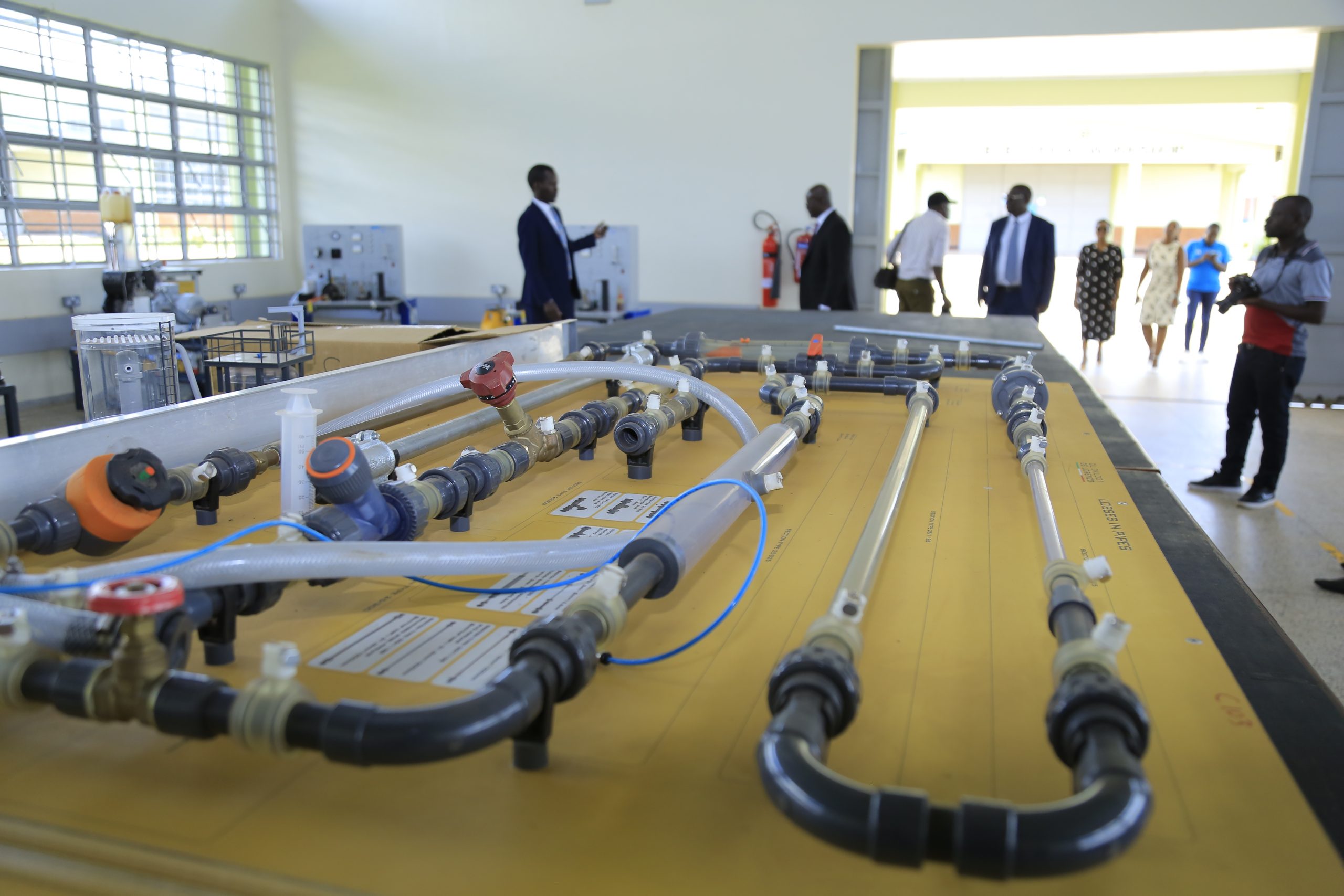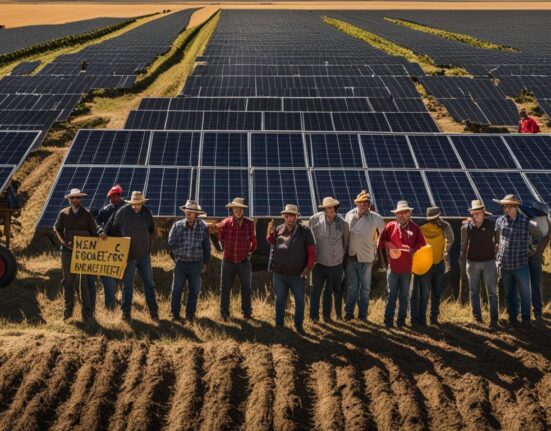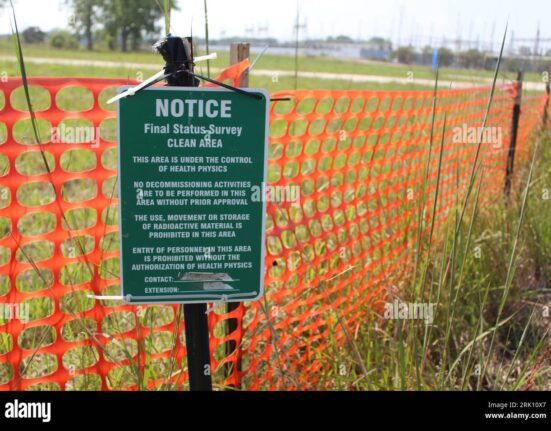The East African Crude Oil Pipeline (EACOP) in Uganda has become a focal point for both national and international attention, sparking debates on economic development, environmental sustainability, and climate justice. The 1,443-kilometre pipeline project, aimed at transporting crude oil from Uganda’s Lake Albert region to Tanzania’s port of Tanga, is a joint venture involving major players like Total Energies and China National Offshore Oil Corporation (CNOOC).
The development of the EACOP has not only raised questions about Uganda’s economic future but has also ignited concerns about its social and environmental impacts. Student-led movements under the #StopEACOP banner have been actively protesting the project, emphasizing the need to prioritize climate resilience over fossil fuel infrastructure.
“This is sparking needed conversations about our national priorities, the environment, and the kind of development we want to pursue,”
remarked Newton Balenzi, an environmentalist based in Kampala. The protests highlight a growing awareness among Ugandans about the potential risks associated with large-scale projects like the EACOP.
Despite government support for the pipeline as a key driver of economic growth through export revenues and job creation, civil society groups and environmental advocates continue to voice apprehensions. They are particularly concerned about issues such as environmental degradation, community displacement, and compliance with global climate targets.
Reports by organizations like Human Rights Watch have drawn attention to human rights violations linked to projects like EACOP. These reports underscore challenges such as limited transparency in resettlement efforts for affected communities and inadequate consideration of long-term environmental risks in project assessments.
In response to mounting pressure from activists and civil society groups, governments across Africa are witnessing a surge in climate-related activism translating into legal action. Recent petitions filed at international courts seek guidance on countries’ obligations to safeguard human rights amid climate change impacts.
At a grassroots level, initiatives focused on raising awareness about climate change issues are gaining traction. Community-led projects supported by organizations like the Pulitzer Center aim to engage local populations in discussions around climate change mitigation strategies.
Moreover, legal mechanisms are being leveraged to hold corporations accountable for their role in environmental degradation. In Nigeria’s Niger Delta region, civil society organizations have launched campaigns demanding corporate responsibility for historical oil pollution that continues to affect communities and ecosystems.
The trend towards greater accountability extends beyond national borders as African countries participate in global forums addressing climate-related responsibilities. Initiatives at institutions like the International Court of Justice reflect a concerted effort by African nations to assert their stance on pressing climate issues.
As countries navigate the complex terrain of balancing developmental needs with environmental concerns, inclusive dialogue emerges as a crucial component of effective decision-making processes. The evolving landscape of Africa’s climate justice movement underscores a collective push towards sustainable practices that uphold both economic prosperity and ecological well-being.
In conclusion, Uganda’s experience with the EACOP project serves as a microcosm reflecting broader tensions within Africa regarding extractive development versus environmental preservation efforts. As stakeholders continue grappling with these challenges across the continent, fostering transparent governance structures and preserving civic space will be paramount in advancing sustainable solutions that benefit both current populations and future generations.









Leave feedback about this